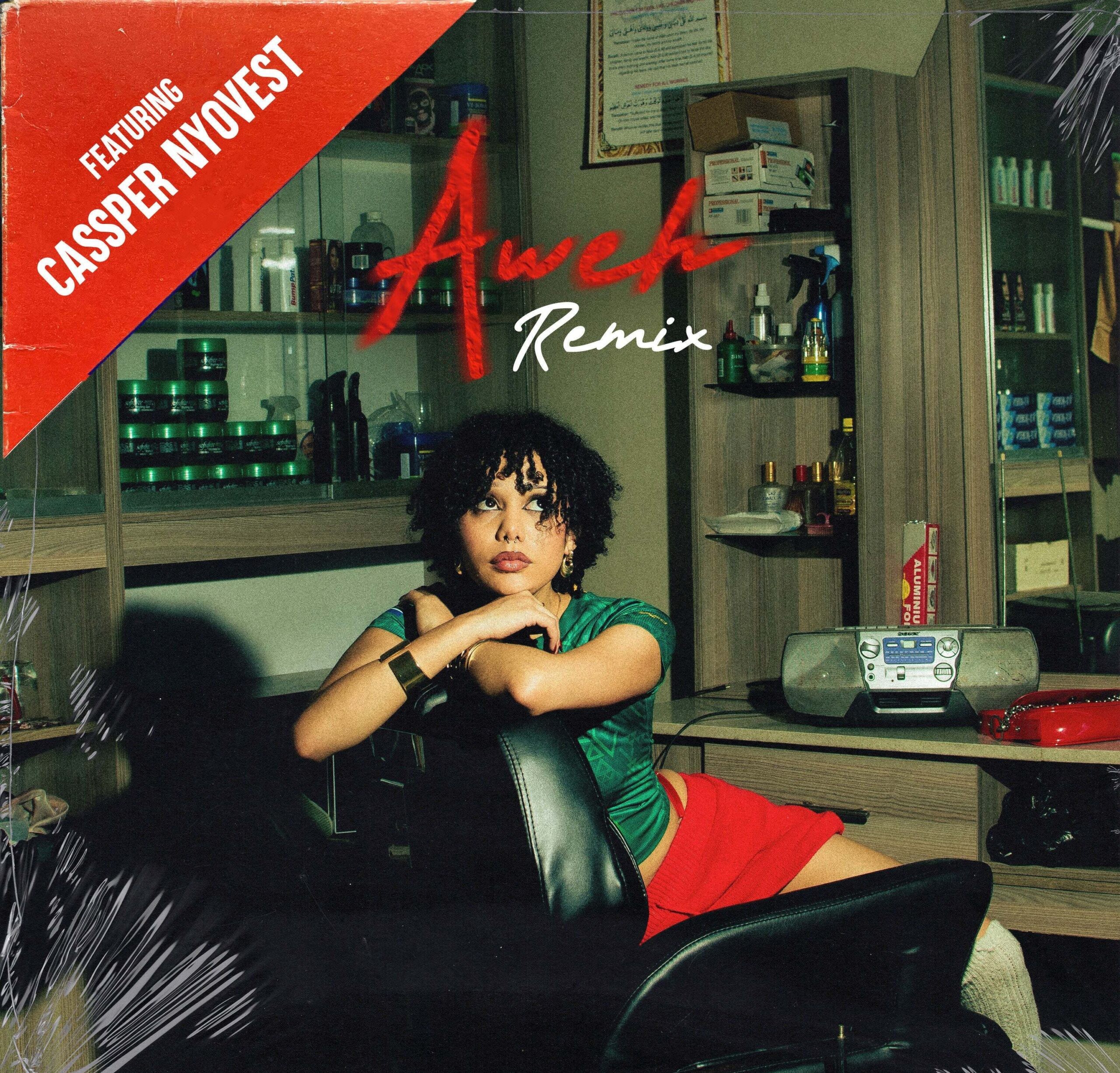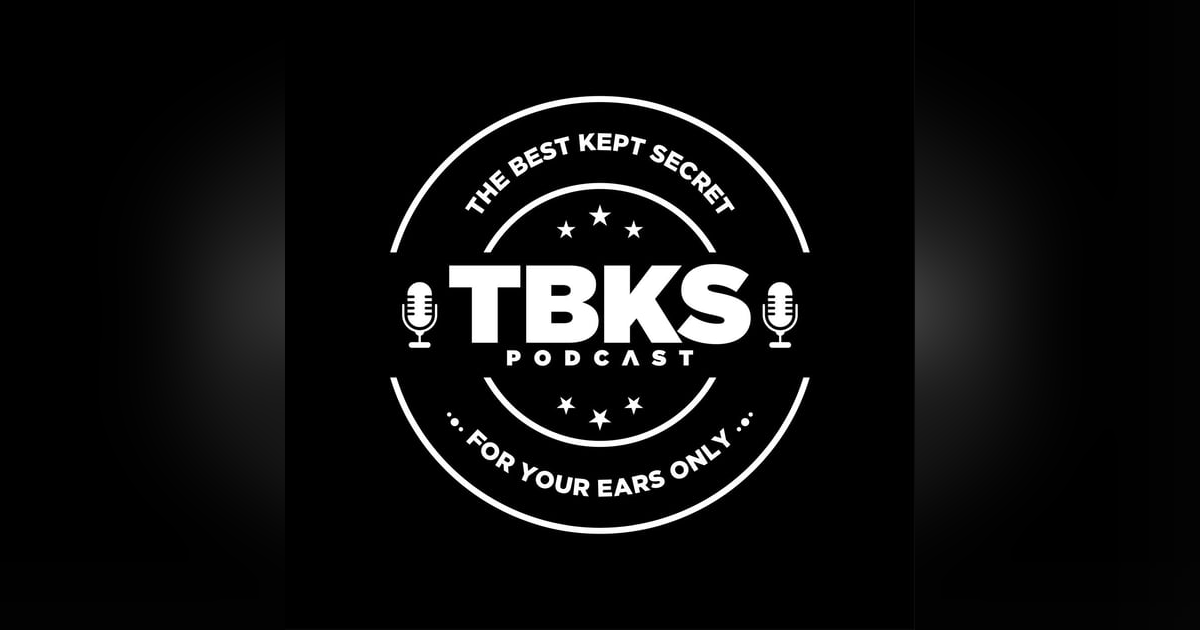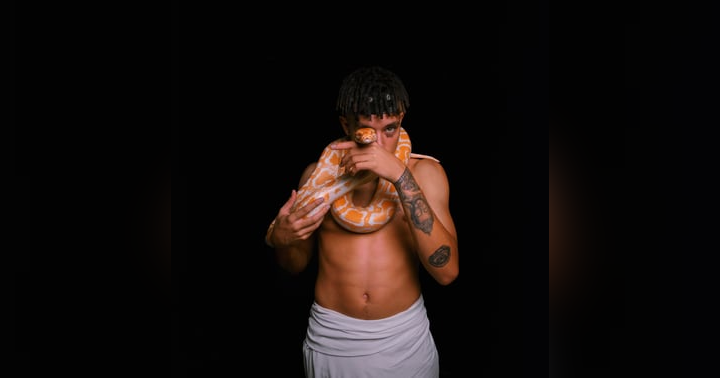The Politics of Language and Belonging in lordkez’s Aweh

I still remember the first time I heard Aweh. We were in studio, lordkez was playing me songs from what would become You, Me & the 90’s, asking for feedback like she often does. I’ve been in her corner since her first SoundCloud upload more than six years ago, so these moments feel less like private previews and more like watching a friend keep evolving in real time.
She played me several songs that were really good, but when Aweh came on I felt an immediate shift. The production by the amazing Jordan Klem carried that warm 90s R&B softness, a strong baseline, the kind of arrangement that invites you into the body of a song. What made the track move, though, was not only the melody. It was the language. The way she used words as sound, memory and gesture at once. Months later, watching the record gather momentum, resonate with listeners and climb charts, I realised the song’s power was less about a single hook and more about how those hooks made us hear ourselves again. Even before the remix was out the song was already finding its people, the streams stacking and the chorus becoming a shared line to hum in cars and kitchens. At the time of writing this, her current monthly listeners on Spotify are more than 500k, and the leap feels tied to something simple and radical: language treated as music.
What do I mean by language treated as music? Start with the title. Aweh is a greeting, yes, but it is also a social rhythm. The word originates in Cape Coloured vernacular and has migrated across city lines and communities to become part of broader South African slang. It does more than say hello. It signals recognition, warmth, agreement, a shared mood. In naming the song Aweh, lordkez places a local, hybrid word at the centre of a widely consumed R&B record. That choice is already political: a vernacular term occupying the same air as global pop language, inviting everyone into its sound.
Those two syllables carry history. It is the kind of word that survived apartheid’s strict spatial geographies and then quietly moved between communities. To hear it in a contemporary R&B song is to hear a little of our country’s complex linguistic circulation. The title becomes an admission and a greeting at once. It feels like home.
Listen closely to the hook. The chorus leans into “ngihamba nawe,” a phrase many South African ears will recognise. It recalls Mafikizolo’s love anthem, a song that has threaded through weddings, radio sets and family playlists for years. That phrase does heavy emotional work by itself; it carries decades of tenderness and communal ritual.
Then, in the verse, lordkez drops a line that pulls the track into another orbit: “he wanna Soulja Boy, kiss me thru the phone.” It is a wink to a mid-2000s moment, to ringtone-era intimacy and globalised youth culture. The two lines sit side by side and, in doing so, fold local memory and global memory into one groove.
What makes Aweh magnetic is how these linguistic fragments sing together. The Zulu vowel shapes soften the melody, the Coloured slang adds grit and punctuation, the English reference gives the verse instant intergenerational recognition. She is not switching languages the way a translator might. She is conducting them. Words become percussive, vowels become instruments, borrowed phrases land as echoes that alter the song’s timbre. The warmth you hear is as much phonetic as it is production.
That is also the point Ngũgĩ wa Thiong’o makes plainly: “Language as culture is the collective memory bank of a people’s experience in history.” In Aweh, that collective memory is audible; language is literally carrying cultural memory into the composition and into the listener’s body.
The EP title, You, Me & the 90’s, signals the record’s frame. It is a conscious nod to an era of R&B that shaped how many of us learned to feel through music. For a generation raised on Channel O and late-night music video blocks, 90s R&B was both foreign and familiar, a grammar of aspiration. But lordkez’s nostalgia is not simple imitation. The record localises the throwback. The 90s palette becomes a South African photograph: the same records played on family stereos, the same slow-dance energy at local juke joints.
This nostalgia is reparative. It does not run from history. Instead, it reclaims tenderness as part of Coloured/Black South African emotional life, something too often omitted in conversations about seriousness and legitimacy. By dressing local vernacular in the textures of 90s soul, lordkez rescues both the lyric and the feeling from being merely imported nostalgia. It becomes ours.
When Cassper Nyovest enters, the track expands. His verse brings that special “kasi flavour,” rhythmic and grounded in township cadence. Cassper’s career is itself a story of crossing boundaries, rising from a small-town background to become one of South Africa’s most visible rappers. His voice carries a shorthand for township life that listeners recognise immediately.
Their collaboration is a dialogue between spaces that are often written as opposites: commercial and intimate, English and vernacular, R&B and hip-hop. Instead of seeing those categories as mutually exclusive, Aweh blends them. Cassper’s verse does more than add celebrity heft; it affirms a register of speech as aesthetically central. For listeners from township spaces the moment lands as validation, not concession. For those from other backgrounds the verse reads as authenticity without explanation.
You can see echoes of this approach in artists like Sho Madjozi, who made Tsonga aesthetics a performative global language, and Msaki, whose spare lyricism bends English into prayer-like cadences. In each case language functions as political form, not accessory.
Part of why the song felt inevitable once it began to rise was that its public gestures matched its sonic politics. The decision to shoot the music video in Eldos, is significant. Eldos is a suburb of Johannesburg that was designated as a Coloured township under apartheid and today remains a place with a strong local identity. Filming the video there asks something of viewers beyond surface glamour. It roots the song in a place with its own histories of exclusion and resilience.
That visual choice amplified the music’s work. The studio listening suggested intimacy; the video suggested belonging. Putting the camera in Eldos is an act of visibility. It brings the song home in a literal sense, and it honours a community that has its own languages and cultural codes. For a song that stitches together different tongues, that filmed geography transforms lyric into public claim. It tells audiences where the sounds are coming from and who the sounds are for.
Online, I saw one or two comments that called the song corny, or accused lordkez of pandering. Others shrugged and said, “it’s not that deep,” a dismissive phrase that has become a social-media shorthand for refusing to engage critically. Those takes miss what the song is doing.
On the surface the music might read as pretty and simple. That is part of its craft. Simplicity does not equal shallowness. The song’s accessible surface is the result of decisions, tests and deliberate restraint. lordkez is an artist who creates with intention and attention; she reads, she writes, she folds reference into feeling. Her work is intellectual in the way it arranges memory and myth into hooks that people carry. The claim she is pandering assumes a shallow intent, when in fact the effects she achieves—wide resonance, intergenerational recognition, cultural repair—require a level of cultural fluency and care.
There is impatience in the “not that deep” review culture. It is easier for some listeners to dismiss nuance than to sit with it. But Aweh rewards patience. Don't get me wrong, the song is not a textbook in cultural theory. It is a song. That it carries theory in its syllables, and still moves a room, is precisely its accomplishment.
If language is a memory bank, it is also a map of power. In South Africa, language has been a vector of class and access. English was often positioned as the language of opportunity, while indigenous tongues and local slang were dismissed as limited. That hierarchy is not natural. It is the product of schooling, market practice and cultural gatekeeping.
What Aweh shows is how hybridity can be aspirational. Homi Bhabha describes a kind of creative space where culture is produced in between positions, what he calls the split-space of enunciation. He writes, “The theoretical recognition of the split-space of enunciation may open the way to conceptualising an international culture, based not on the exoticism of multiculturalism or the diversity of cultures, but on the inscription and articulation of culture’s hybridity.” For Aweh that split-space exists in the hook, the verse and in the visual frame of Eldos. The song makes belonging a sonic negotiation.
This is political because it refuses erasure. It refuses the tidy demand that artists present a single, marketable identity. This music insists that tongues already carry multiple histories, and that those histories can coexist inside one chorus.
Back in that studio, Aweh felt like something made for those who could hear the layers. I thought it might surprise her core audience. I did not imagine how widely it would travel. The secret of the song, once shared, did not lose its intimacy. It taught listeners how to listen.
That is the lesson of this moment. The biggest R&B song in the country right now is not a compromise of local flavour for global acceptance. It is proof that local flavour, when treated as musical material and historic memory, can be the very thing that makes a record universal.
Maybe that is what this generation of South African musicians are doing quietly and boldly. They are not simplifying themselves so the world can understand them more easily. They are allowing their language to do the heavy lifting. They sing in tongues that already sing, and in the doing they reshape how belonging sounds.







